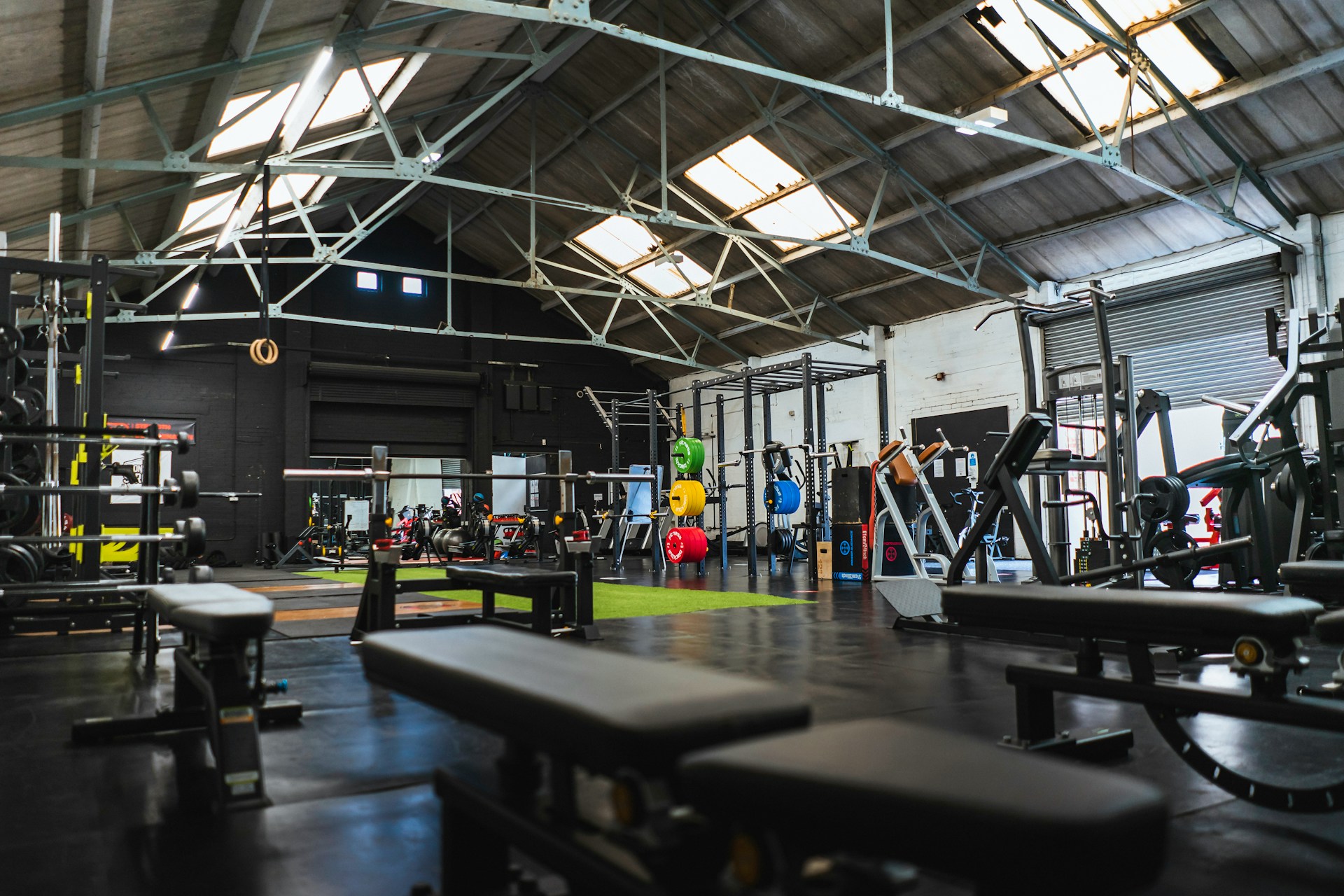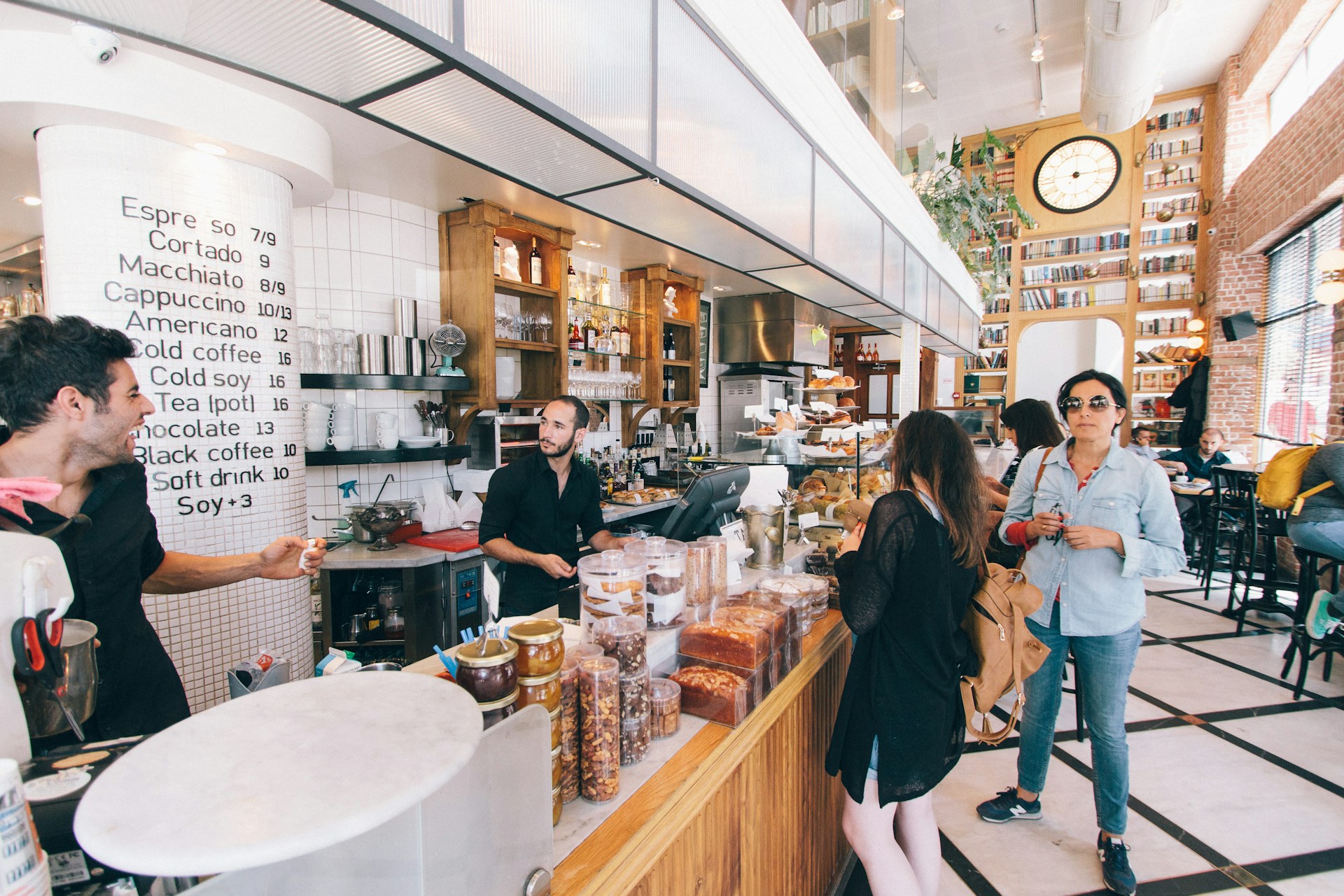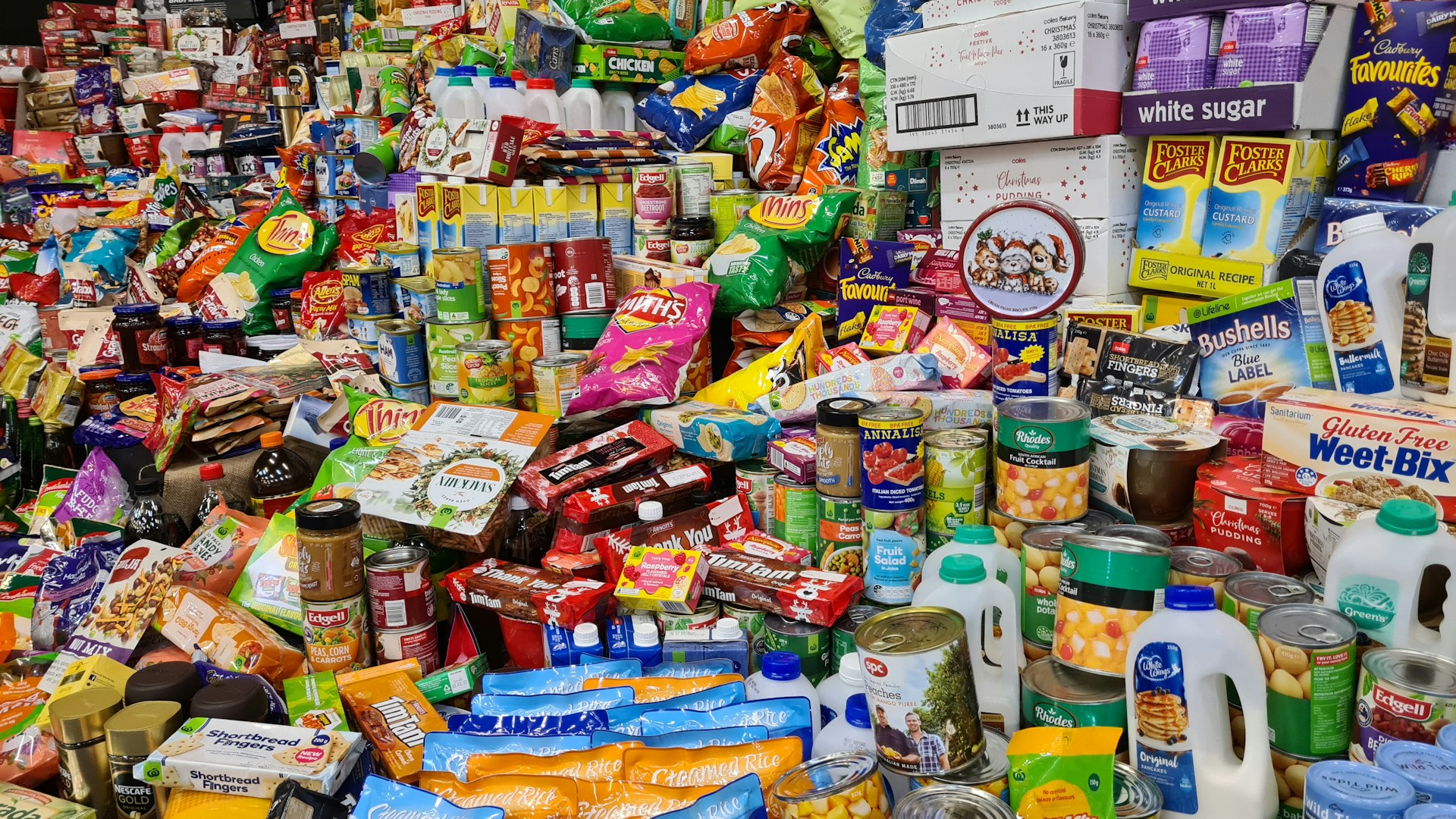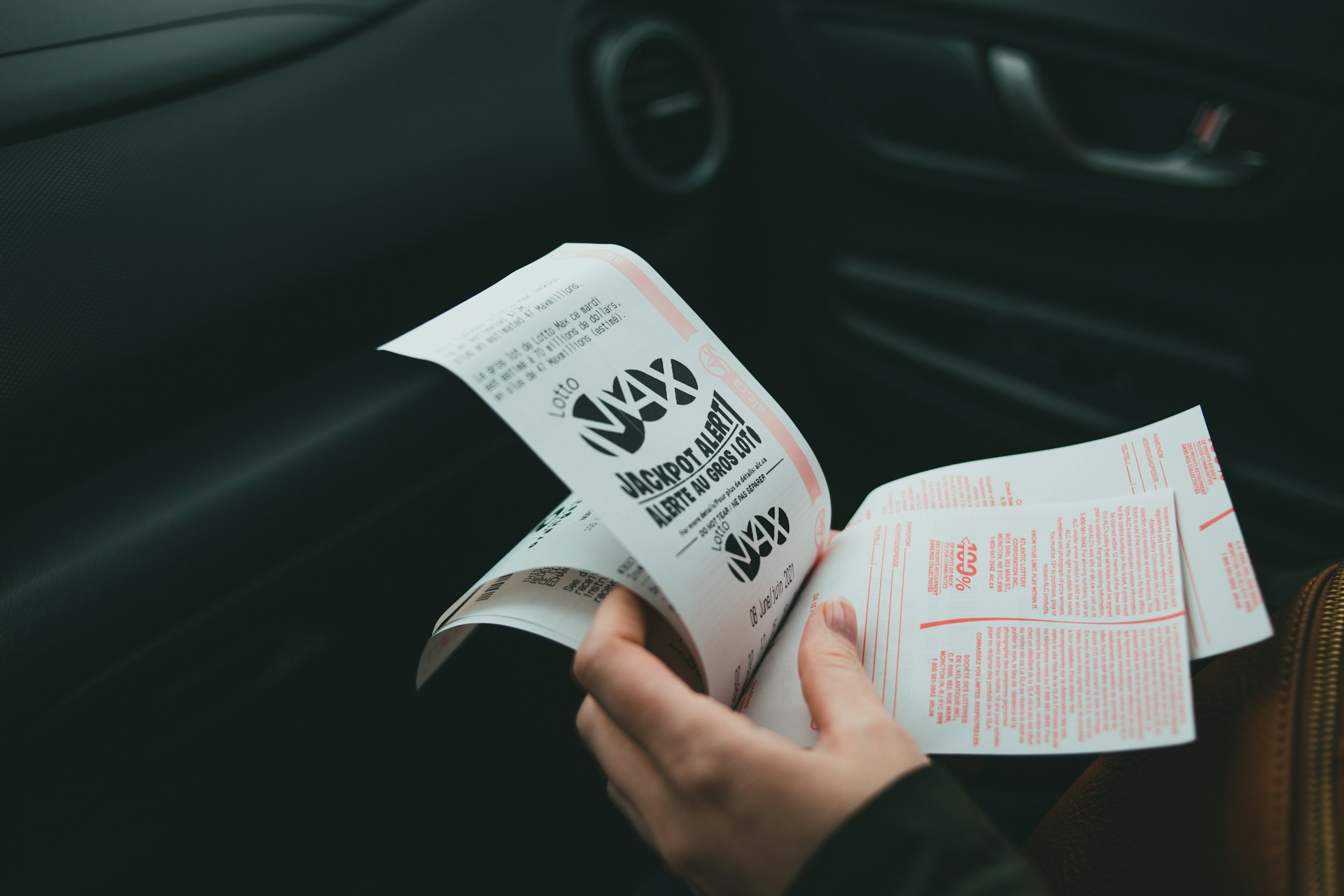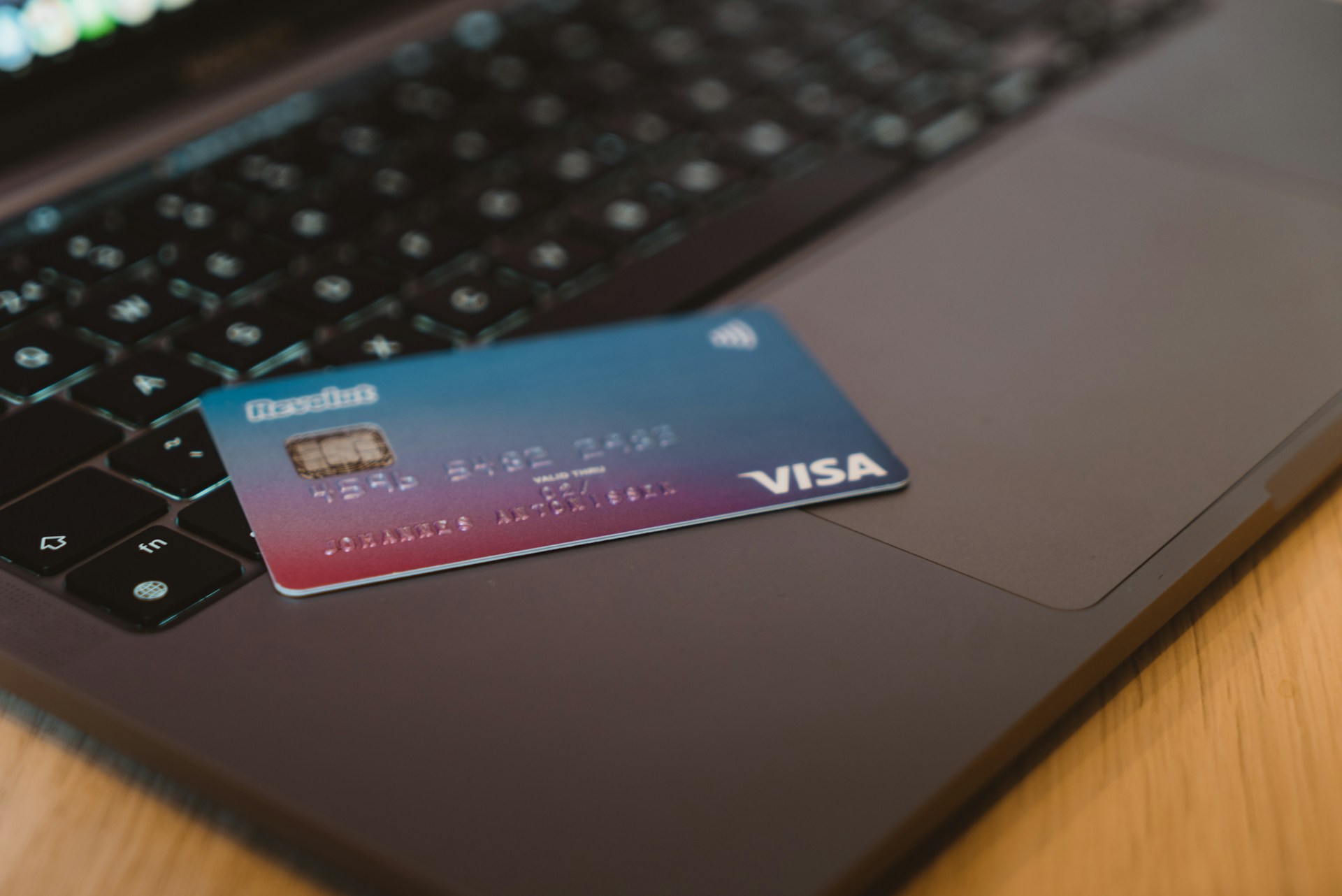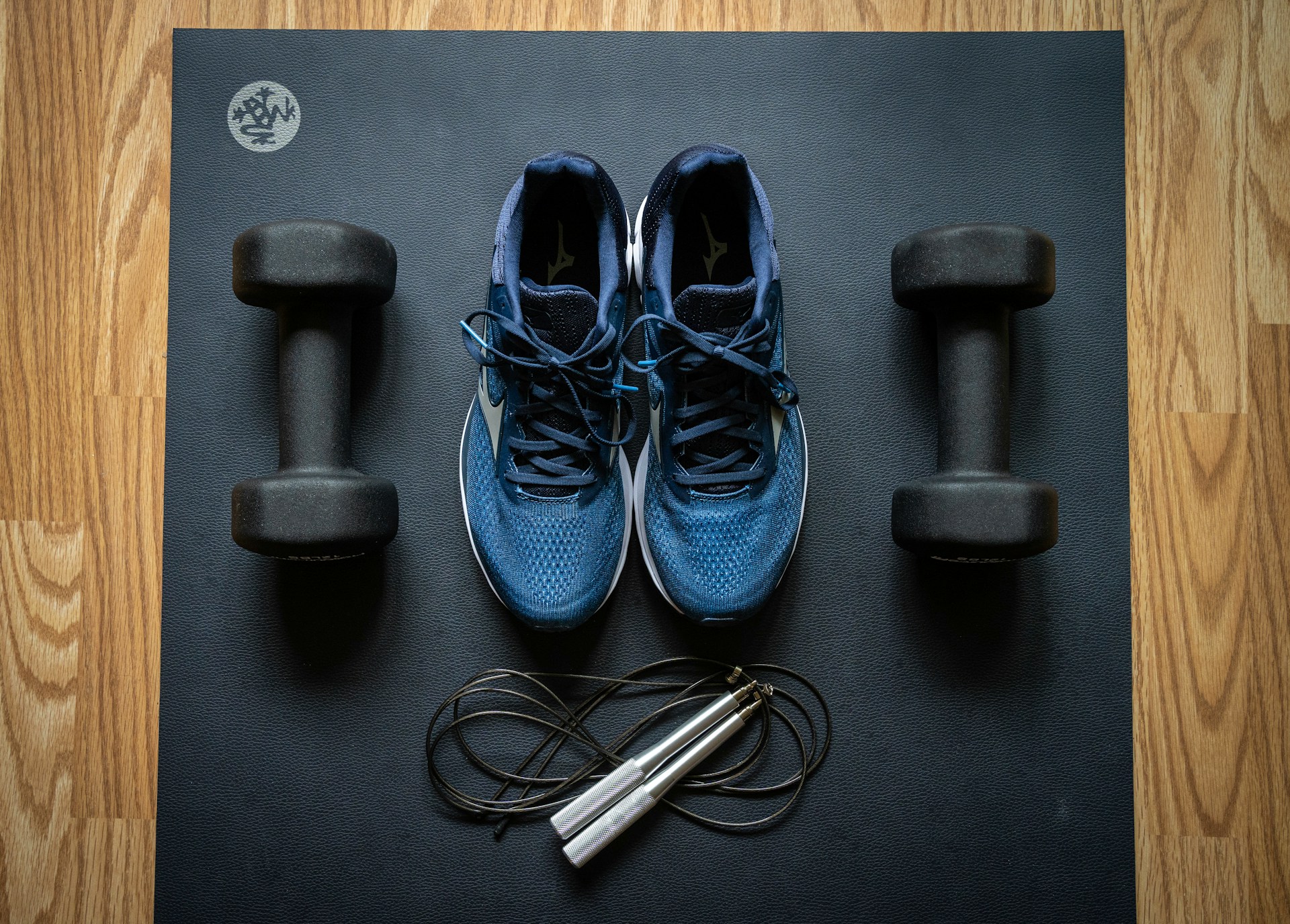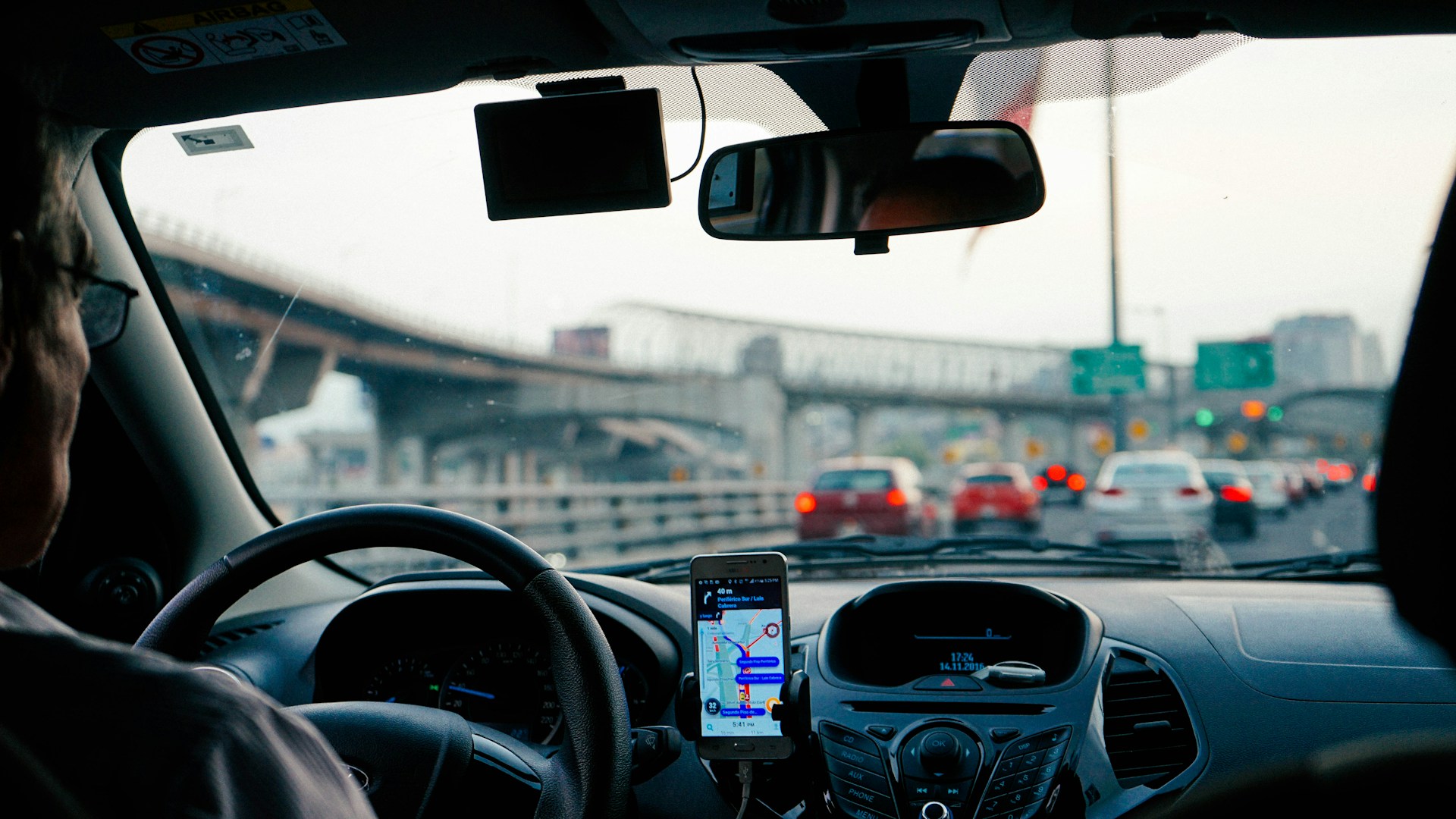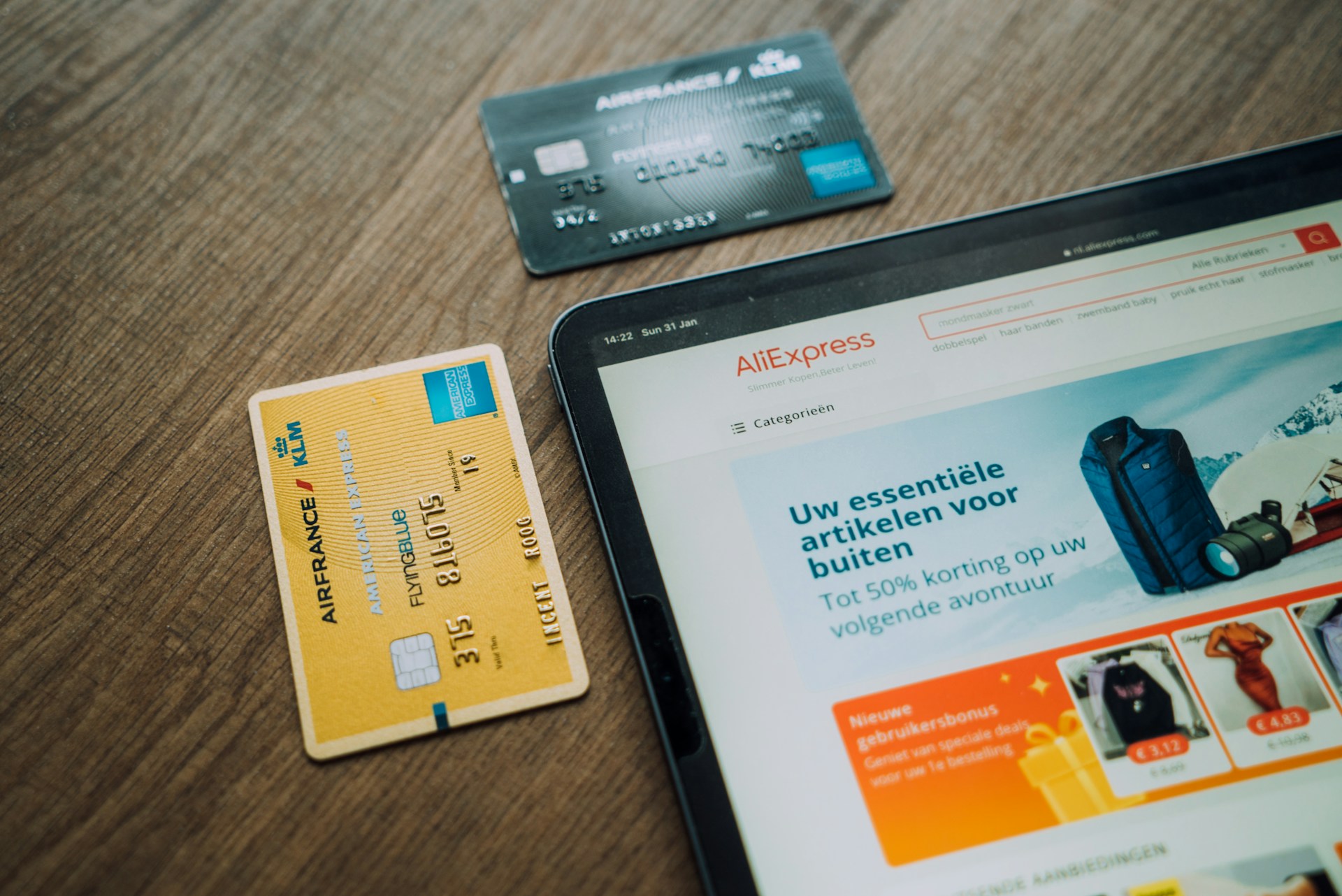With rising inflation and stagnant wages, it’s no surprise that so many people are really starting to feel it where it hurts the most: their pockets. The truth of the matter is that there isn’t much you can do to solve economic turmoil — but you can find ways to spend more efficiently. Budgeting 101 is all about cutting out any redundancies or frivolous expenditures to get more out of your money and spend it where it really matters. Here are 20 everyday items you spend way too much money on.
1. Brand-Name Groceries
Don’t let brand-name markups fool you: in most cases, these products are no different from their generic counterparts. Similar products at significantly lower prices are widely available in many grocery stores and it's your job as a consumer to be mindful of marketing tactics intent on getting you to needlessly spend more.
2. Bottled Water
Bottled water — especially high-end bottled water — is another completely unnecessary expenditure. Not only is it bad for you and the environment, but bottled water is bad for your wallet too. Reusable water bottles and at-home water filtration are far more cost-effective and beneficial to you health.
3. Eating Out
Of course, everyone should treat themselves to a night on the town every once in a while, but if your main source of food is eating out and delivery you need to strongly reassess your eating habits. Not only is this tendency far more expensive than cooking at home, but it’s also generally worse for your health.
4. Subscription Services
In many ways, the streaming era has helped us save tons of money. Music streaming alone has made accessing your favourite tunes a lot more streamlined and cost-effective. But many people also tend to over-subscribe to a variety of services that they never use and completely forget about. Be sure to go over your subscriptions and cancel any that you don't need.
 Photo by Glenn Carstens-Peters
Photo by Glenn Carstens-Peters
5. Gym Memberships
A gym membership can be an invaluable part of your day-to-day life — if you actually use it! Otherwise, it's just a huge waste of money. Even if you are committed to your fitness goals, a gym membership may be unnecessary as cost-free home workouts can be just as impactful.
6. Coffee Shop Purchases
We all know buying coffee is generally a massive scam, especially when you factor in how cheap it is to make at home! Regular visits to the coffee shop can easily rack up $100s in additional yearly costs that could otherwise be going towards something far more useful.
7. Convenience Store Snacks
Due to their perceived convenience (hence the name), most convenience stores significantly mark up the price of their goods. Since many of these stores buy their goods in bulk and sell them back to you, there’s no reason you shouldn’t do the same thing and save yourself a bunch of money in the long run.
8. Premium Gasoline
Unless your vehicle explicitly calls for a certain type of fuel, there’s really no reason for you to spend more than you have to at the gas station. Regular gas is not only cheaper, but it's more than enough for a typical car without compromising on performance.
9. Personal Care Products
In most cases, personal care products are significantly marked up — especially when associated with certain brand names. You could easily reduce spending by switching to generic brands that offer similar quality and benefits at a far more reasonable price.
10. Lottery Tickets
This seemingly low-risk, high-reward habit starts to seem a lot riskier when you factor in how much money it burns while offering very little in the way of possible returns. The odds of winning the jackpot are insignificant compared to how much you might find yourself spending. Saving or investing your money yields much higher returns in the long run.
11. Fast Fashion
When it comes to buying clothes, always try to maintain a quality over quantity approach. Don’t be fooled by the temptingly low pricepoint of fast fashion, as these articles of clothing generally won’t last you very long and you’ll spend way more replacing them than just splurging on a higher quality product that will last you years.
12. Car Washes
Although quick and convenient, weekly car washes can add up and derail your budgeting goals. Not only is washing your car at home a cheaper alternative, but it also allows you to have more oversight when it comes to how your car is washed and which cleaning products are used.
13. Credit Card Interest
Credit card interest is one of the worst ways to waste money and accumulate debt. Credit card companies earn their bread and butter by counting on you to miss payments and accrue interest over time — so don’t play right into their hands. If you want to avoid additional costs and maintain a good credit score, be mindful of your spending and pay your monthly balance on time.
14. Unused Gym Equipment
Just like how unused gym memberships can quickly turn into a huge waste of money, the same can be said for at-home equipment. At the end of the day, if you’re not motivated to workout, any of these expenditures should be avoided until you can find something that you can commit to. Either stick to a fitness regimen or do away with these frivolous costs altogether.
15. In-App Purchases
Games and apps that offer microtransactions can quickly become a detriment to your overall budgeting plan. Always be wary of so-called “free apps.” Very few things are truly free in life, and there’s a good chance that you’ll wind up paying for it one way or another, especially if you're not mindful of your spending.
 Photo by Priscilla Du Preez 🇨🇦
Photo by Priscilla Du Preez 🇨🇦
16. Fancy Kitchen Gadgets
Unless you're a maestro in the kitchen or some kind of professional cook, there’s very little reason for you to invest $100s into expensive kitchen gadgets that you don’t really need. Aside from taking up space and collecting dust, these products rarely serve any purpose outside of burning holes in your pocket, so just stick to versatile, multifunctional tools that will help you with most of your kitchen needs.
17. Designer Handbags and Accessories
Designer clothing is designed for people with money to burn. If you’re concerned about your budget, then you truly don’t need these glorified status symbols. Save yourself the hefty price tag and stick to buying long-lasting, high-quality products that are practical and won’t break the bank.
18. Taxi and Ride-Sharing Services
Taxis and ride-sharing services are great tools to have at your disposal and, in some cases, they’re necessary to get you where you need to go. But they’re also quite expensive and over-relying on these services can quickly add up. At the end of the day, it’s far more cost-effective to look for alternative transportation methods when possible, including carpooling, biking, or public transit.
19. Impulse Buys
Impulse purchases, whether at the checkout counter or online, are liable to help you rack up a hefty bill if you’re not careful. Budgeting is all about making a plan and sticking to it, and these unplanned expenses are ultimately what gets in the way of you and your financial goals.
20. Going To The Movies
We all love going to the movies, but at a certain point, you really have to stop and wonder if it's worth your hard-earned money. The cost of a night at the movies, especially when you factor in extra costs like snacks, drinks, or even parking, can quickly turn out to be a lot more than you bargained for. Watching movies at home, waiting for discounted showings, or only priortizing movies you really have to see can help you stick to your budgetary needs.





